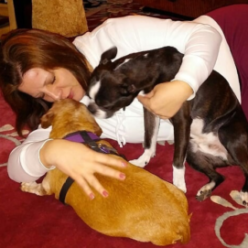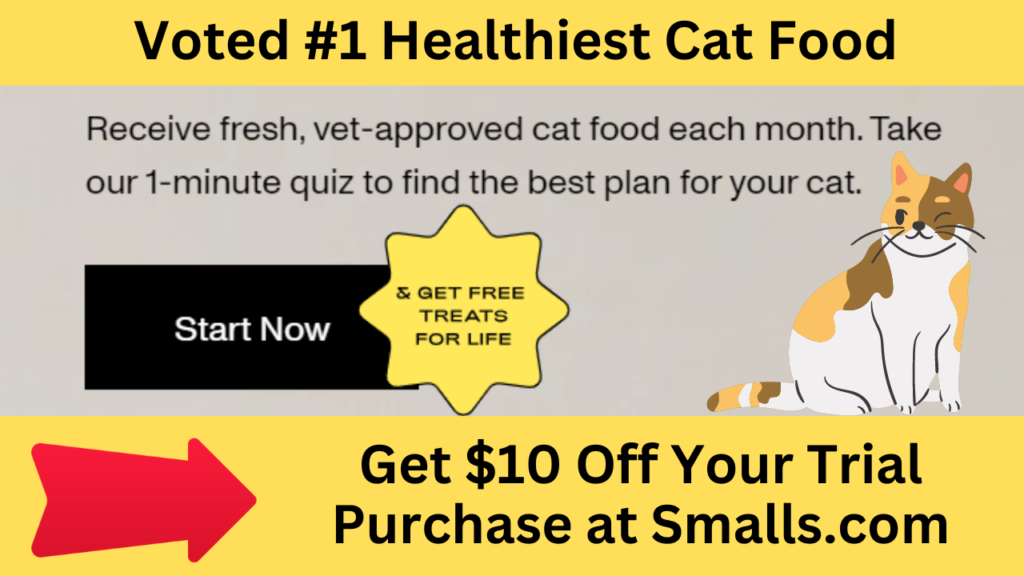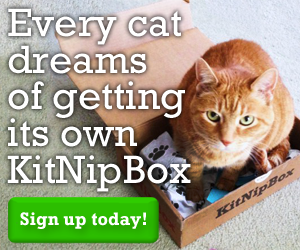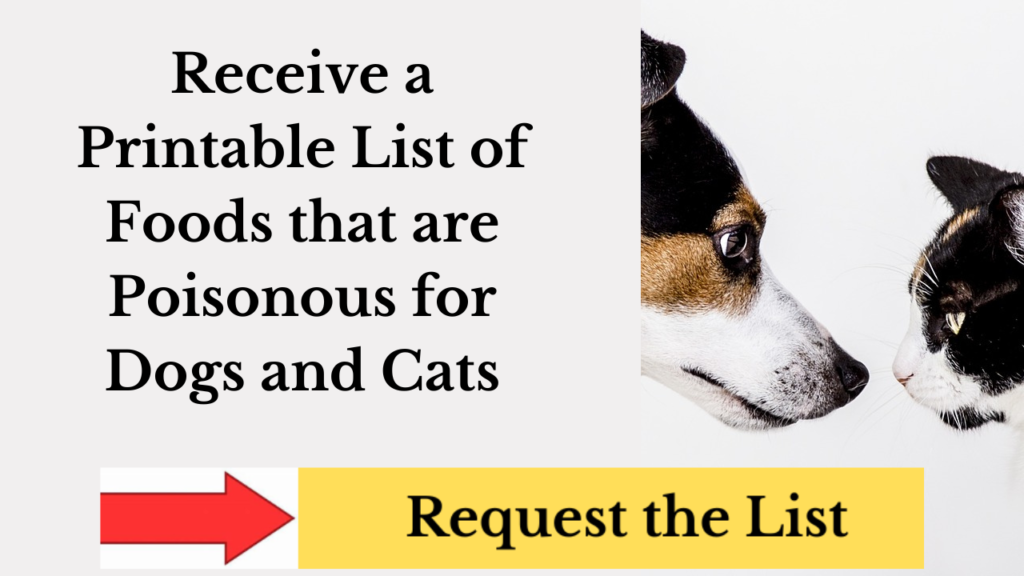Cats are all about that chill life, right? Giving your kitty a cozy space is super important. Think about comfy corners and high perches where your cat can watch the world go by. Cats love their “me time,” so a little private nook would be purr-fect!

But they still need bonding time!
As with any living thing, human or animal, cats need to know they’re loved and cared about! Sometimes life gets busy, and I know how hard it can be to make sure I make time for my cat, Whiskers. That’s him in the pic snuggling on my leg. Awwww…
And, as you probably can relate to, my heart breaks when I realize I’ve been busy all day and was barely aware of him! Here are some ways we, as cat parents, can keep our bond with our cat front and center.
In this post, we’ll cover:
-
- Learning How to Understand Your Cat’s Body Language
- Making Your Cat Happy with Their Food
- Taking Good Care of Your Cat’s Health
- Activities to Strengthen the Bond with Your Cat
![]()
Learn to Understand Your Cat’s Body Language
Ever wish your cat came with subtitles? Understanding what your cat’s body language means can change the game. Whiskers forward? They might be curious. Slow blinking? That’s basically cat for, “I love you.”
For lots of help not only understanding your cat’s body language, but to actually learn how to communicate with your cat effectively, check out this post, How to Understand Cat Language.
In that post, I give details about an inexpensive eBook called, The Cat Language Bible. Check it out. You and your cat will be glad you did!
Also check out my post, How Do Cats Show Love? 10 Ways Cats Say, I Love You (includes video).
Make Your Cat Happy with Their Food!
Feeding your cat isn’t just about what’s convenient. A balanced diet with the right nutrients helps keep that fur shiny and those eyes bright. A healthy cat is a happy cat, so check those food labels and maybe even chat with your vet about what’s best for your little buddy.
For help choosing the right food for your cat, check out this post, What is the Best Food for My Cat? (includes video).
My recommendation if you want fresh cat food (that’s delivered!) is Smalls Cat Food. You can read my full review of Smalls Cat Food here.
Take Good Care of Your Cat’s Health
Vet visits aren’t just for when things go wrong.
Regular check-ups can catch any sneaky health issues before they become a problem. Plus, it keeps your cat comfortable and familiar with the vet—a win-win for everyone involved!
If you struggle to pay for vet bills for your cat, consider an inexpensive pet insurance policy from Lemonade Pet Insurance. They’re my #1 recommendation for cat owners. You can read my full review of Lemonade Pet Insurance here.
A calm cat is a healthy cat…
Another way to keep your cat healthy is adding calming elements like soft music or gentle lights to your home. You’d be surprised at how a little ambience can lower stress levels for both you and your furry friend.
Setting the right mood can make your home feel like a five-star resort for your feline companion.
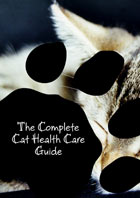
Check out this inexpensive eBook called, The Complete Cat Health and Care Guide for lots of help with your cat’s care, health and training.
This guide not only covers cat health questions, but also covers all aspects of cat care, including how to create a loving relationship with your cat. You can read my full review of this super helpful eBook here.
Interactive Sessions: Strengthening the Human-Cat Connection
There’s lots you can do to build a strong bond with your cat! Try these suggestions to set the stage for building an unbreakable bond with your cat!

Play with your cat!
Cats aren’t just couch potatoes—they love a good playtime session! Variety is key, so stock up on different types of toys to keep their instincts sharp.
Feather wands, laser pointers, or even a good ol’ crumpled piece of paper can work wonders. Check out this video from cat expert, Jackson Galaxy called, Play with Your Cat!
You can find lots of fantastic cat toys on Amazon.
Now, about petting
There are right ways to do it you’ll want to know about. Some cats love a chin scratch; others might prefer a gentle stroke along the back. Always avoid the belly unless you’re 100% sure your cat likes it, or you’ll get a surprise swat!
How about teaching your cat some tricks?
Yeah, cats can learn them too! Simple commands like ‘sit’ or ‘stay’ can be taught with a little patience and some tasty treats. It’s a great way to bond and impress your friends.
Puzzle feeders are another great tool for a curious kitty
They keep your cat engaged and thinking, making snack time a little more exciting. These feeders mimic the hunt, which keeps your cat’s mind sharp and engaged.
Sticking to a consistent routine can really help in making your cat feel content and happy.
Cats are creatures of habit, and they love knowing what to expect. Whether it’s feeding times or bedtime cuddles, a little consistency can go a long way towards building trust.
For more ideas on how to make your cat think you’re the greatest…
Check out my post, How to Keep Indoor Cats Happy: 10 Things They’ll Love! (includes video)
For more great ideas on how to build a bond with your cat, read this post, 11 Ways to Bond with Your Cat.
If you also have a dog, check out my post, How to Bond with Your Dog. Spoiler alert: bonding with a dog starts with kind, loving training. Your dog will love you for it!

I Donate to Animal Charities
Thank you for visiting my website! I hope this post has provided you with lost of ideas on how you and your cat can have a loving, lifelong bond.
You should know there are affiliate links in this post. If you make a purchase using any of my links, I will earn a small commission. I donate 10% of my profits from this website to the animal charities listed here.
If you liked this post, please share it with other cat lovers! Thanks so much. Debra
